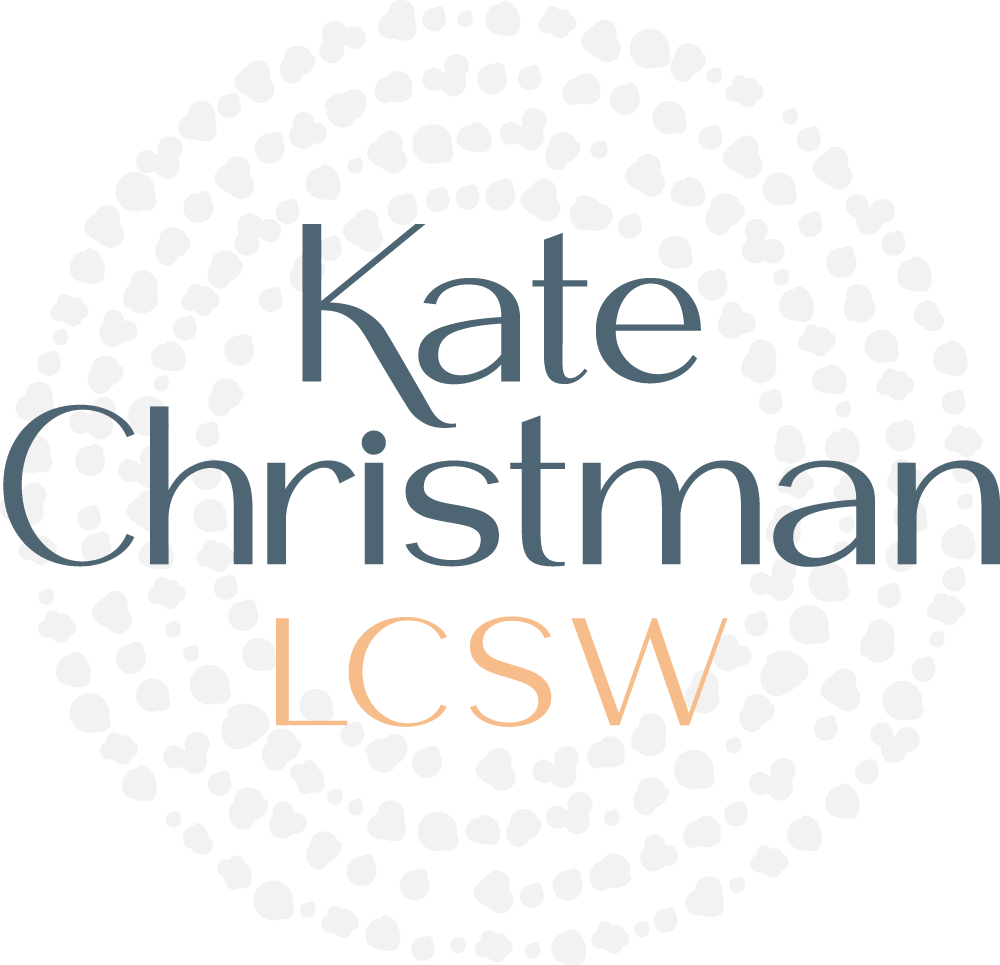Celebrating Down Syndrome Awareness Month, Beginning with Diagnosis
October is Down Syndrome Awareness Month! I absolutely love the work I get to do with families of infants and children with Down syndrome and believe that this community deserves to feel celebrated and supported every day.
Approximately 1 in every 700 babies is born with Down syndrome, making it the most frequent chromosomal disorder.
That’s a lot of conversations that medical providers are having with parents to deliver the diagnosis, both during pregnancy and after birth. And given that each baby, child, and adult with Down syndrome has their own unique set of developmental and medical needs, providers need to be prepared to communicate with patients and families in an informative and supportive way.
Several years ago, a mother of a baby with Down syndrome introduced me to the Down Syndrome Diagnosis Network (DSDN). We were talking in the pediatric hospital unit where I worked, her baby snuggled peacefully in her arms. This mother had discovered DSDN on her own during her pregnancy after receiving a fetal diagnosis of Trisomy 21 (Trisomy 21 refers to the most common type of Down syndrome).
People with Down syndrome are predisposed to certain types of medical conditions, including congenital heart defects, and because of the type of work I do, I count myself as extremely lucky to have the opportunity to work with many, many families of children with Down syndrome, both during pregnancy and after birth. This mother shared with me that although her medical provider had been kind, they had not provided her with any specific information or support related to Down syndrome. Luckily, this mother discovered DSDN where she was able to find the information, connection, and support that she was looking for.
In addition to the advocacy and support that DSDN provides to families, they engage with medical providers to educate them about Down syndrome and to advocate for best practices in discussing Down syndrome with families, including when delivering a diagnosis. In this moving video, families share their experiences of what went well when they received a Down syndrome diagnosis:
No matter the information a family receives from a medical provider, they should leave the conversation feeling informed and cared for.
As much as I love the video linked above, it’s also a reminder to me about the work that still needs to be done. For every conversation that’s compassionate and affirming, there are others that are harmful and even traumatizing.
It’s crucial for families to feel like they have the support they need in all parts of their lives.
I like to visualize every family within a web of support that’s linked together by the various networks in a family’s life. Every family’s web looks different but might include family, friends, school, community organizations, medical providers, and spiritual communities. It falls primarily on parents to do the rewarding but difficult and complicated work of building the web. Too often, a parent is so focused on their child’s needs that they leave theirs out and don’t build in the crucial support for themselves.
If you find yourself feeling without the support you truly need, it’s time to start strengthening your personal network. Taking the first steps may feel daunting, but there is help and support out there for you. I’ve included some resources to help you get started below. Finding a therapist who can help address your mental health needs may also be an important step for you. A good therapist will be affirming and help you process your feelings and experiences. A good therapist will also be practical by meeting you where you are and helping you integrate practices into your life that are unique to your needs.
There are a lot of resources out there for families of children with Down syndrome, but here are just a few to get started:
Down Syndrome Diagnosis Network
A direct link to the DSDN Parent Resource page.
Down Syndrome Association of Atlanta
Parents of a newborn child with Down Syndrome receive first year’s membership at no cost. They also provide honorary memberships to those experiencing financial hardships.
Lowcountry Down Syndrome Society
For families living in coastal Georgia.
I know this video has made the rounds since it was released on World Down Syndrome Day a few years ago. But it’s always great no matter how many times you’ve seen it!
